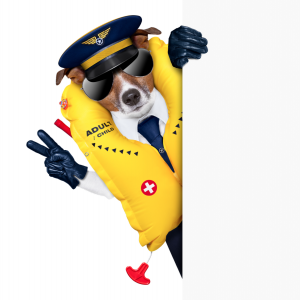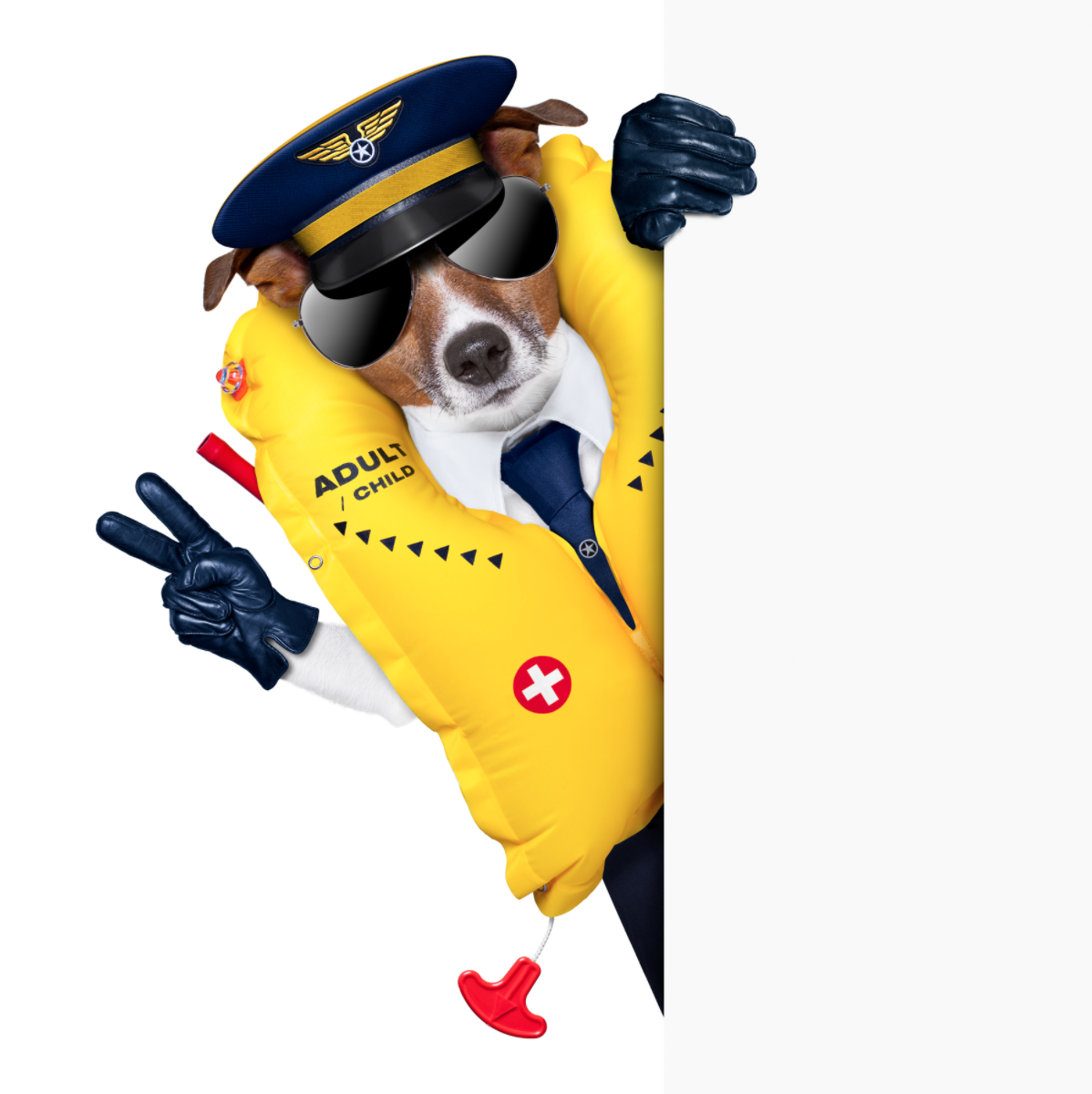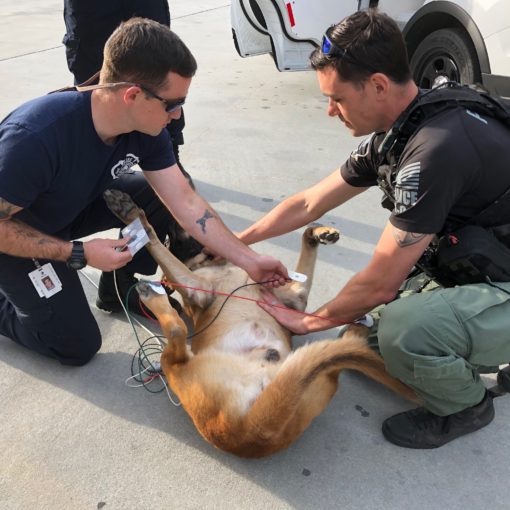 FLYING WITH AN EMOTIONAL SUPPORT animal (ESA) is going to be more difficult starting in 2021.
FLYING WITH AN EMOTIONAL SUPPORT animal (ESA) is going to be more difficult starting in 2021.
According to Forbes, “After more than a year of lobbying by US airlines, Emotional Support Animals (ESA) may be departing the passenger cabin. On December 2, the US Department of Transportation announced that it is revising the Air Carrier Access Act on the transportation of service animals by air ‘to ensure a safe and accessible air transportation system.’”
Trained service animals like guide dogs for the blind will be permitted; emotional support animals will not. Instead, an ESA will be treated as a pet, and their owners will need to pay pet travel fees. The new rule is scheduled to go into effect this month.
Some mental health experts are worried about the new rule saying it could increase anxiety by some passengers who fly.
Airlines say the number of emotional support animals has skyrocketed and some have questioned the different species of support animals that have included: snakes, monkeys, ferrets and hamsters.
Here are the new rules involving service animals and emotional support animals from the U.S. Department of Transportation:
- Defines a service animal as a dog that is individually trained to do work or perform tasks for the benefit of a person with a disability;
- No longer considers an emotional support animal to be a service animal;
- Requires airlines to treat psychiatric service animals the same as other service animals;
- Allows airlines to require forms developed by DOT attesting to a service animal’s health, behavior and training, and if taking a long flight attesting that the service animal can either not relieve itself, or can relieve itself in a sanitary manner;
- Allows airlines to require individuals traveling with a service animal to provide the DOT service animal form(s) up to 48 hours in advance of the date of travel if the passenger’s reservation was made prior to that time;
- Prohibits airlines from requiring passengers with a disability who are traveling with a service animal to physically check-in at the airport instead of using the online check-in process;
- Allows airlines to require a person with a disability seeking to travel with a service animal to provide the DOT service animal form(s) at the passenger’s departure gate on the date of travel;
- Allows airlines to limit the number of service animals traveling with a single passenger with a disability to two service animals;
- Allows airlines to require a service animal to fit within its handler’s foot space on the aircraft;
- Allows airlines to require that service animals be harnessed, leashed, or tethered at all times in the airport and on the aircraft;
- Continues to allow airlines to refuse transportation to service animals that exhibit aggressive behavior and that pose a direct threat to the health or safety of others; and
- Continues to prohibit airlines from refusing to transport a service animal solely based on breed.





